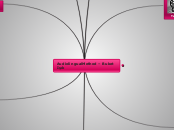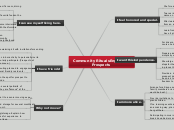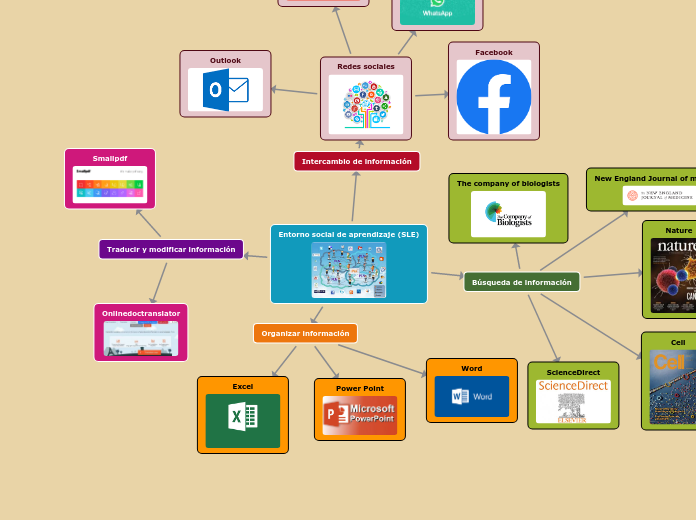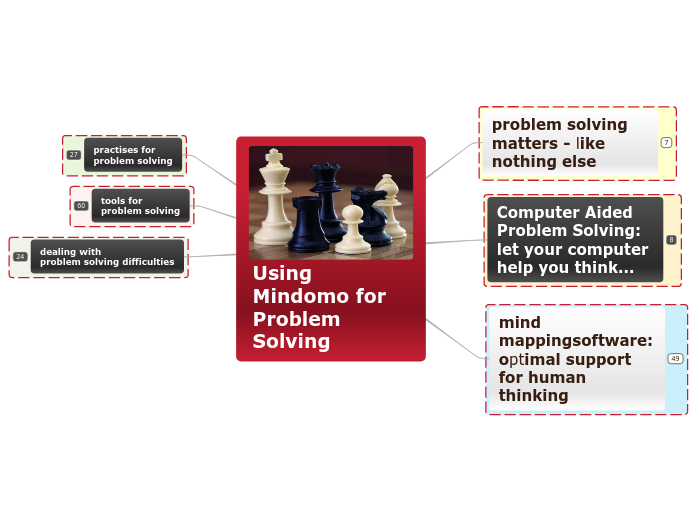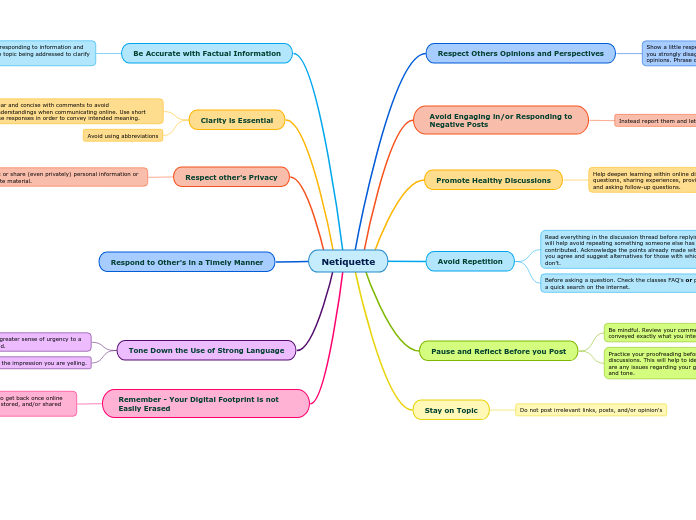jonka Buket Işık 7 vuotta sitten
1132
AudiolingualMethod – Buket Işık
The Audiolingual Method, which emerged during World War II, focuses primarily on oral proficiency through repetitive drills and memorization. Rooted in behaviorist psychology and developed from Leonard Bloomfield'
